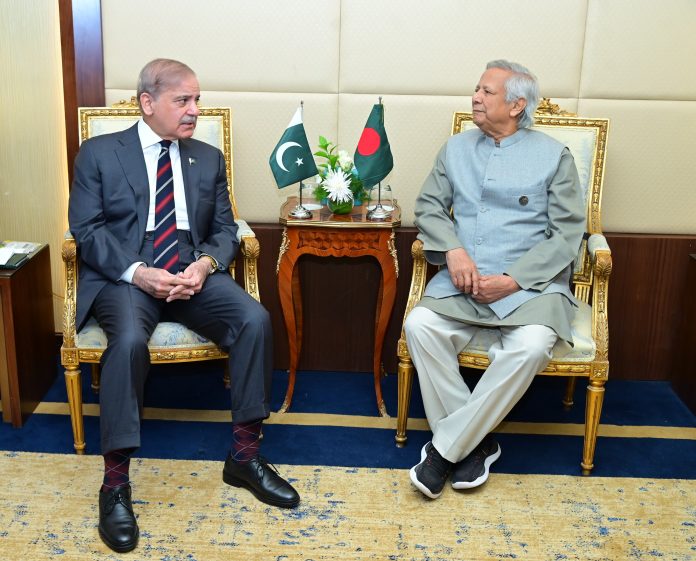Islamabad – May 2, 2025: A retired Bangladeshi military officer has triggered widespread concern after suggesting that Bangladesh should seize India’s northeastern states if New Delhi takes military action against Pakistan.
The controversial statement was made by Major General (Retd) ALM Fazlur Rahman, now head of Bangladesh’s National Independent Investigation Commission.
Writing on Facebook in Bengali, Rahman proposed that Bangladesh should consider occupying the seven northeastern states of India—commonly known as the “Seven Sisters”—if India launches an assault on Pakistan.
Read More: Taliban Mandates Traditional Uniforms in Afghan Schools
He also encouraged Dhaka to begin discussions with China for potential military cooperation, implying that such an alliance would support this aggressive strategy.
Rahman previously led the Bangladesh Rifles, now known as the Border Guard Bangladesh, and is viewed as an ally of the country’s interim Chief Adviser, Muhammad Yunus.
The comments come at a time when India and Bangladesh are attempting to repair strained ties. Tensions escalated after former Prime Minister Sheikh Hasina sought refuge in India and amid growing Indian concerns over attacks targeting Hindu minorities in Bangladesh.
Read More: UAE Unveils Bold New Tax Rule to Boost Economy
Further friction emerged following Yunus’s visit to China in March, during which he referred to India’s northeastern region as “landlocked” and claimed that Bangladesh held the key to ocean access for those states. He described this as a potential advantage for regional cooperation, especially with China.
Indian officials, however, responded critically. External Affairs Minister S. Jaishankar, without naming Bangladesh, stated in a BIMSTEC meeting that India’s northeast is transforming into a hub for regional connectivity, highlighting road, rail, and energy networks.
Shortly after Yunus’s comments, India terminated a trans-shipment agreement that had allowed Bangladeshi goods to pass through Indian ports—citing congestion, though the timing raised speculation of diplomatic retaliation.









